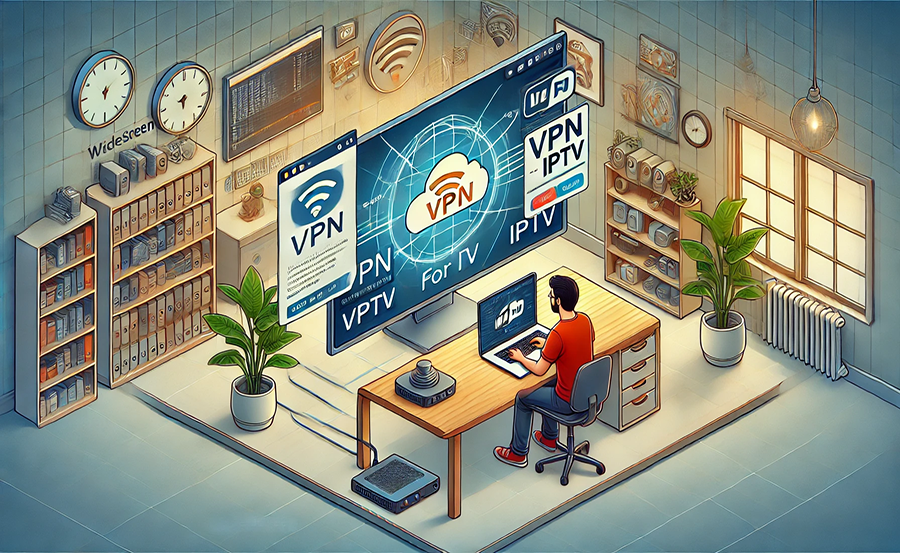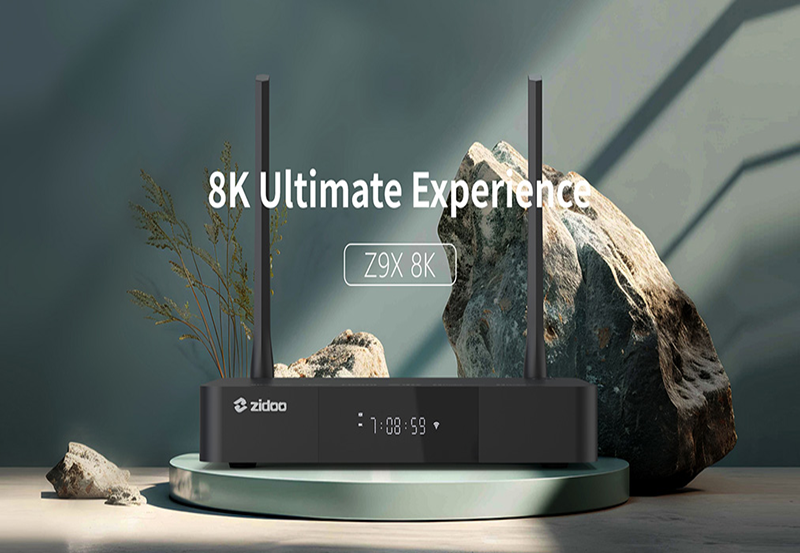In today’s digital world, IPTV services have become a popular way for sports enthusiasts and entertainment lovers to access content. The challenge, however, is ensuring smooth streaming, especially when VPNs come into play. This guide aims to help you troubleshoot common VPN issues for IPTV streaming on Linux, maximizing your viewing experience. While we want our online activities to stay private, sometimes the VPN can throw a wrench in our plans. Let’s explore how you can navigate these challenges.
Understanding VPNs and Their Role in IPTV Streaming
First things first, let’s get a grasp of what VPNs do. A Virtual Private Network (VPN) plays a crucial role in securing your online presence. By encrypting your internet connection, VPNs prevent snoopers from tracking your activities. For IPTV users, this means accessing content that might be restricted in certain regions or simply enjoying peace of mind knowing that personal data is protected.
However, using a VPN with IPTV streaming can sometimes cause connectivity issues. The main problem? It could slow down your connection speed or even block your access to some IPTV services. Understanding these nuances is key to elevating your IPTV viewing journey without unnecessary hiccups.
Pro Tip:
Experience unparalleled streaming quality with Xtreme HD IPTV, the perfect solution for UK and global channels.
Common VPN Issues with IPTV Streaming
Connection Drops
Connection instability is rather frustrating, especially in the middle of a decisive match or an intense movie scene. If you find your VPN disconnecting frequently, it might be due to server overloads. Here’s how you can address it:
- Switch to a different server within the VPN client.
- Ensure that you have a stable internet connection.
- Check if your VPN software is up-to-date.
Slow Streaming Speed
Another common complaint is the dreaded buffering that interrupts your entertainment flow. If your streaming speed takes a hit, consider these steps:
- Opt for a server geographically closer to your location.
- Use a higher quality Ethernet connection over Wi-Fi.
- Ensure that your VPN protocol is optimized for streaming.
IPTV Service Access Blocked
It can be disheartening when you’re unable to connect to your desired IPTV service because of VPN restrictions. To troubleshoot:
- Verify if the IPTV service has specific VPN-friendly recommendations.
- Contact your VPN provider’s support team for assistance.
- Experiment with different VPN servers or protocols.
Optimizing Your Linux Setup for IPTV and VPN
Having a Linux system setup that’s finely tuned is crucial for a seamless IPTV stream. The flexibility of Linux can be a double-edged sword, offering numerous options that might inadvertently complicate things.
Selecting the Best VPN for IPTV on Linux
Not all VPNs are created equal, especially when it comes to IPTV streaming. Look for services that are known for their speed and reliability. A few points to consider include:
- Servers optimized for video streaming.
- Strong encryption standards.
- Minimal impact on speed.
Configuring Your VPN on Linux
Linux’s versatility makes it a favorite among tech-savvy users. However, setting up a VPN for IPTV streaming might require a bit more effort. Follow the Linux command line or use GUI tools available for easier VPN management.
Additionally, ensure your firewall settings are compatible with both your VPN and IPTV services. This ensures a smooth flow between applications and hinders unintentional blockages.
Best Practices for Seamless IPTV Streaming
Choose the Right IPTV Service
Without a doubt, selecting the right IPTV service is the linchpin of your streaming success. When reviewing options, the ‘Best IPTV for sports’ and ‘Top IPTV services’ buzzwords might come up. Ensure the service aligns with your particular needs, whether it’s live sports or movies. Consider the quality of their customer support and streaming options available for Linux.
Maintain a Tidy System
A cluttered system could inadvertently affect performance. Regular cleanup of files, unused applications, and periodic updates to your Linux distribution can keep your system running optimally. It’s these little things that make a big difference.
Creative Closing Thoughts
In the winding journey of ensuring seamless IPTV streaming with a VPN on Linux, the endpoint is within reach with a few troubleshoot tactics in hand. By adapting and refining your setup, you can nimbly overcome obstacles that arise. Embrace these steps, tweak as necessary, and enjoy an elevated viewing experience, unencumbered by the usual pitfalls.
FAQ Section

Why is my IPTV buffering so much when using a VPN?
This is usually due to server congestion or choosing a distant server location. Try selecting a different server or optimize your connection by utilizing an Ethernet connection.
Can any VPN work for IPTV on Linux?
While many VPNs support Linux, not all are optimized for streaming specific IPTV services. Research and opt for VPN providers with strong reviews relating to streaming effectiveness.
Does a VPN slow down streaming on IPTV?
Not necessarily. While some reduction in speed can occur due to encryption, premium VPN services minimize this impact significantly. It’s essential to choose a VPN designed for streaming.
Is there any legal concern with using VPNs for IPTV?
Using VPNs to protect privacy is legal in most countries. However, streaming copyrighted content without permission remains illegal, regardless of using a VPN.
What can I do if my IPTV service doesn’t work with a VPN?
Check if there are known issues with your IPTV provider and VPN. You may need to switch servers or change VPN providers if persistent problems arise.
Is Kodi the Ultimate Linux IPTV Player for You?





